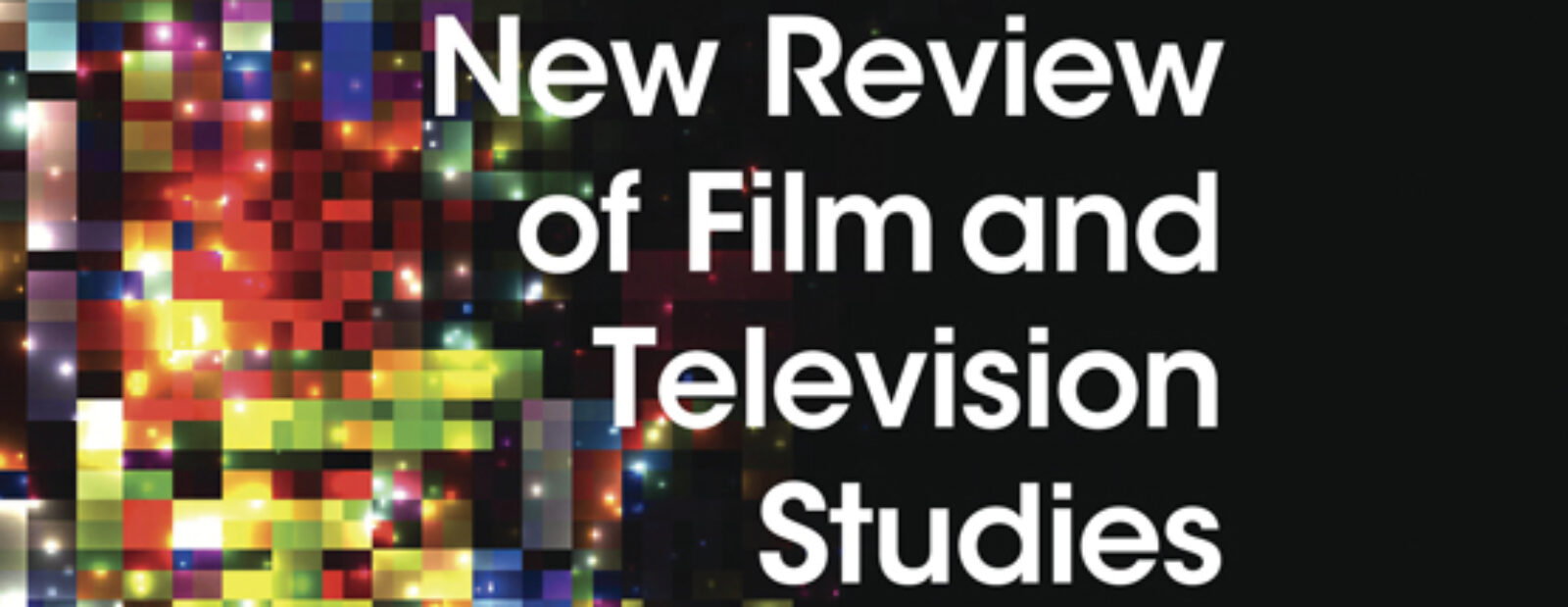

Introduction: Labors of Love (FREE ACCESS)

EXCERPT: Armed with this constitutional aptitude and under the tutelage of my predecessor extraordinaire Kyle Stevens, I embarked on my next adventure in nervous yet eager anticipation that (quoting Charles Foster Kane in my introductory ‘Declaration of Principles’ [OPEN ACCESS]) ‘it would be fun to run a newspaper!’

“I Want to Be Good”: Morality, Faith, and Female Spectatorial Pleasure during World War I
![]()
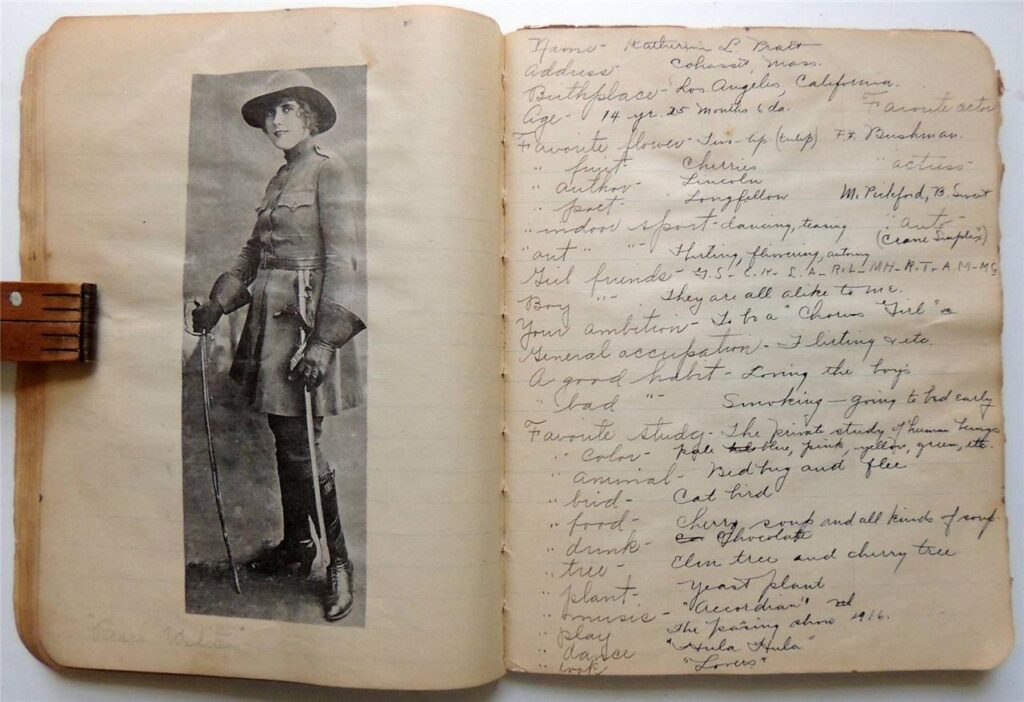
EXCERPT: Census data confirms that a few of the female fans discussed in this article would grow up to be independent and gainfully employed, unmarried and childless by choice, and thus unlike the heroines Clark and Pickford epitomized onscreen. A central reception question presents itself then: what did ambitious and self-reliant white highschoolers growing up in the 1910s – a decade marked by women’s increased leadership in civic life, higher education, and the movie industry – find attractive in representations of female coming-of-age that were not only quickly becoming outmoded, but that tended to champion female conformity as a ‘good’ moral choice?
“Some Things Are Proper, and Some Things Are Not”: Forgotten Men and Disciplined Women in My Man Godfrey

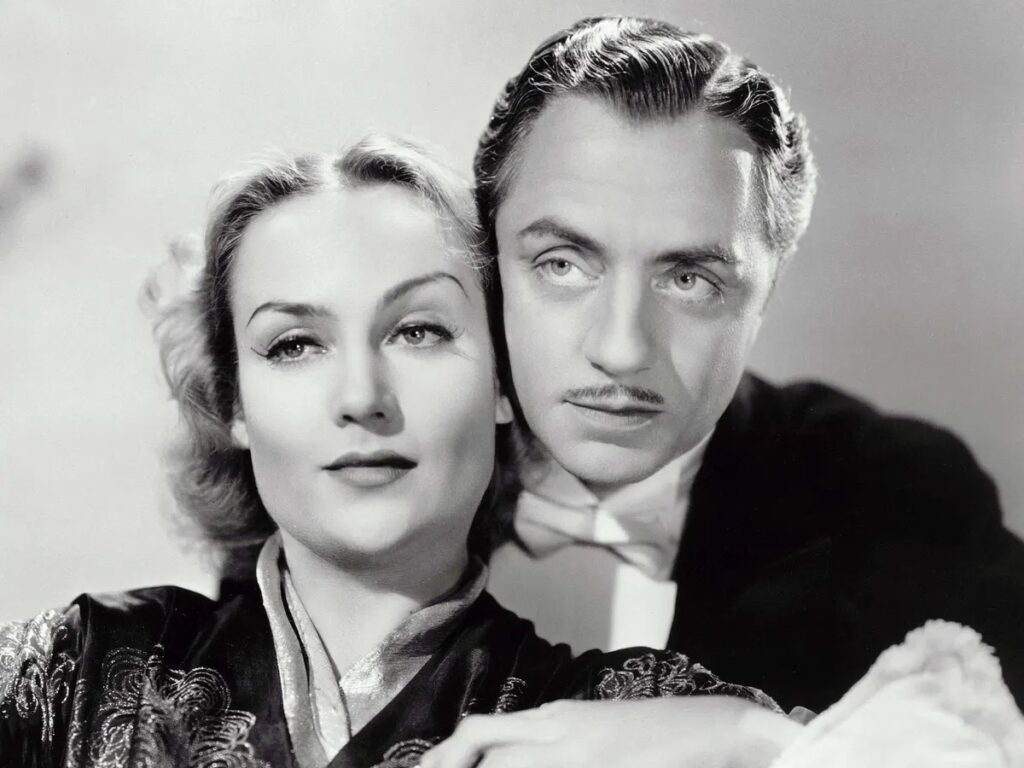
EXCERPT: In this repeated substitution of disciplined women for forgotten men, My Man Godfrey legitimates the gendered, disciplinary regime of the modern welfare state, and gives new political and historical validity to the idea that the screwball comedy was a genre of social and economic order.
Earners and Spenders, Husbands and Wives: The Affective Restraints on Women’s Labor in High Cold War American Sitcoms

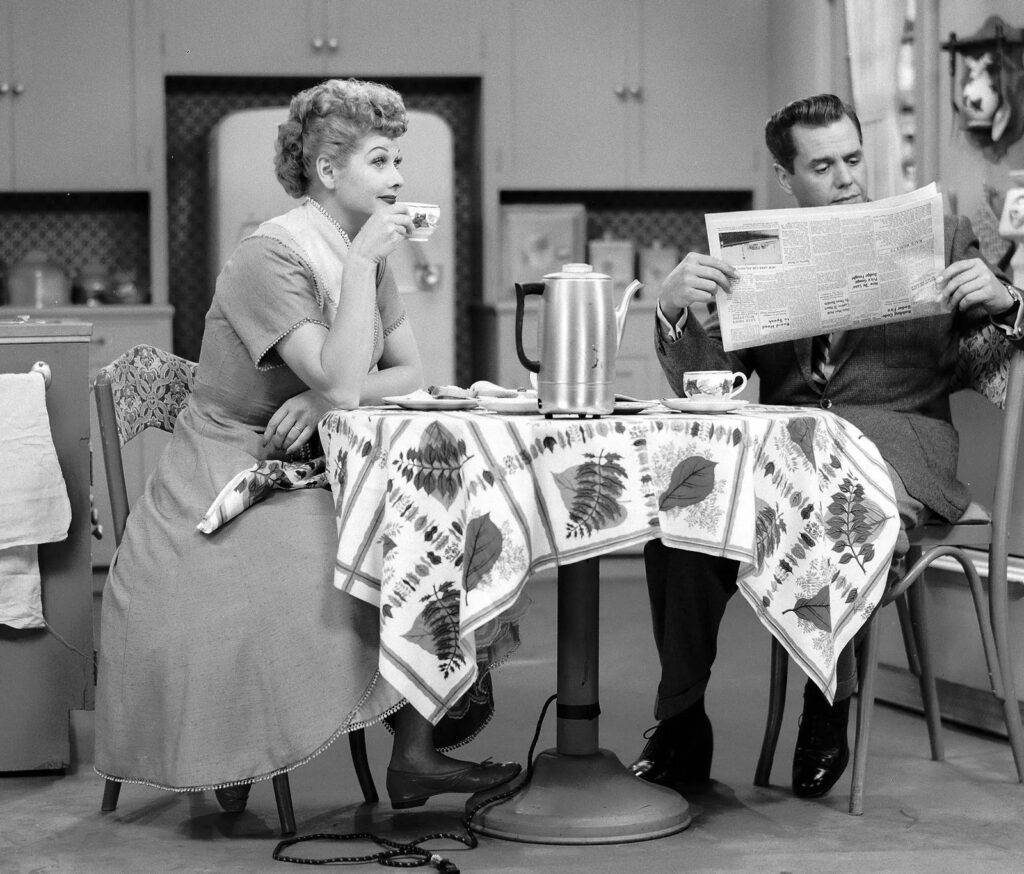
EXCERPT: As Hardt and Negri note, industrial labor lost its hegemony in the last half of the twentieth century, to be replaced by what they term ‘immaterial labor’, or labor that creates immaterial products such as knowledge, information, communication, a relationship, or an emotional response (2004, 108). In the imaginary domestic space of the midcentury sitcom, immaterial labor is always already gendered – it is specifically the housewife’s responsibility to cook for the family, maintain the home, and provide emotional and intimate support for their husbands. The domestic sitcom’s humor, as in ‘Job Switching’, often derives from portraying the husband as constitutionally unsuited for the kind of immaterial labor that his wife performs daily.
Female Convict Scorpion: Production Context, Gender Politics, and Cinematic Excesses in a Japanese Women-in-Prison Film Series (OPEN ACCESS)
![]()
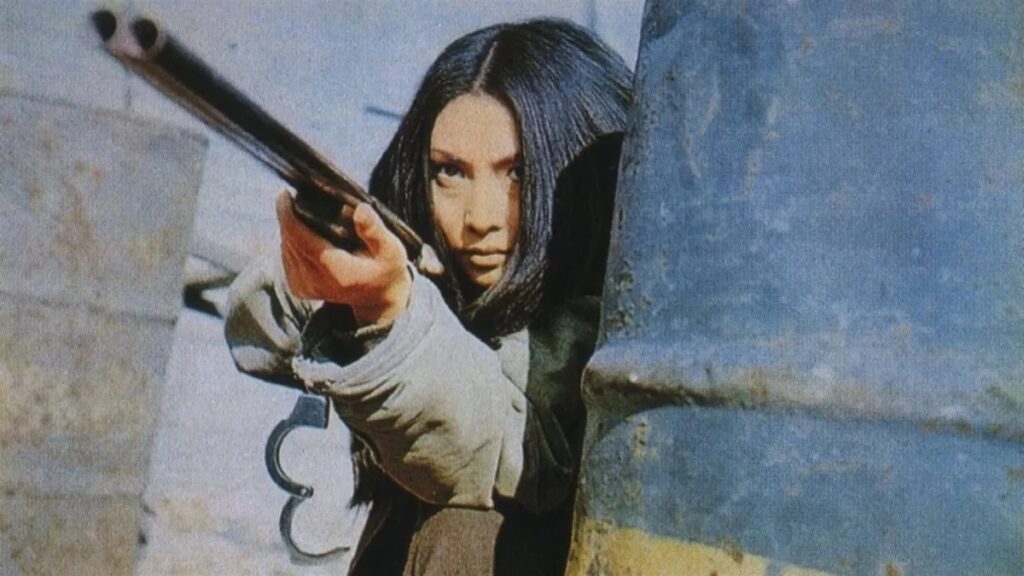
EXCERPT: Itō’s surrealist leanings become stronger and stronger through the series’ three instalments. In Beast Stable, after witnessing a sex worker’s death caused by a forced abortion, Sasori’s gesture of slicing across her eyes with a scalpel shows her determination to seek revenge for the female victims of injustices. This represents a visual reminder of the violent erasure of the female gaze and is likely a nod to the opening of Luis Buñuel and Salvador Dali’s 1929 surrealist short Un Chien Andalou.
Cityscapes, Trance States and Women Walking: Embodied Practices of Walking in Experimental Film and Video

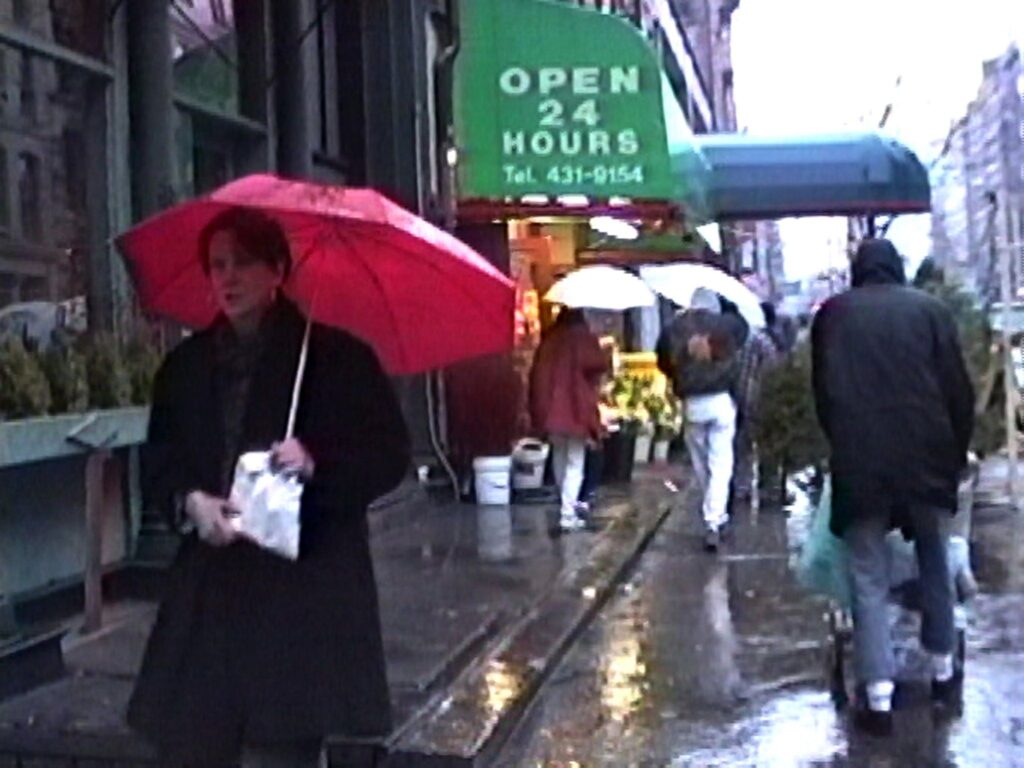
EXCERPT: Transgressing traditional forms of linear narrativity and narratology by means of non-narrative structure, non-standard editing, and highly stylized mise-en-scéne, the[se] films provide an unconventional and alternative walking experience, linking the sensation of walking to social mobility, personal freedom, feminism, or place and urban memory.
Click here for Boczkowska’s tie-in blog post, “Cityscapes, Trance States and Wayfaring Women”
“‘This is My House Now!’ Fighting with My Family, the Female Underdog and Constructing a Public History of WWE”

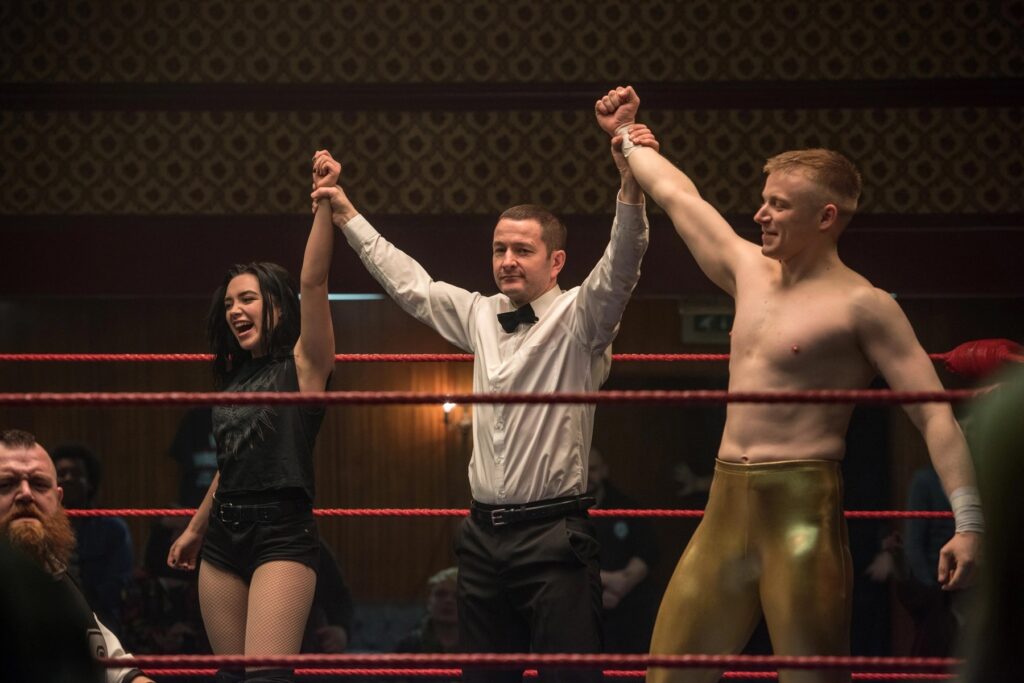
EXCERPT: The characteristics invested in the underdog – discipline, hard work, the unlikely overcoming of challenges – are threaded into the film’s representation of WWE. These counter the controversies which have blighted the organisation’s public image. The underdog’s perseverance – that hard work allows natural talent to flourish – indicates how this sporting trope might suit an organisation seeking to distance itself from controversies regarding wrestlers’ wellbeing. The opportunity for the underdog to succeed, despite nationality, class, and gender, is also suited to WWE’s attempts to promote gender equality, recognised in the rebranded Women’s division.
Othered Form and Insectile Subjectile: Under the Skin (OPEN ACCESS)

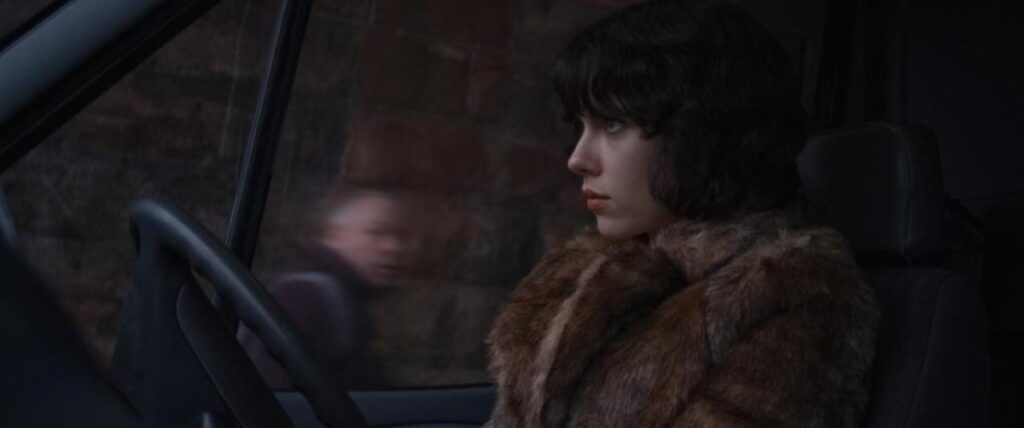
EXCERPT: The insectile functions in a number of ways in Under the Skin. There is, for one, the score music, sound events formed of dense crescendo string sounds that establish an extensive and crawling aural field constitutive of the entire fabric of the film. These extra-diegetic, disembodied sounds – no source of emission can be identified – spread everywhere, lose themselves in other mechanical signals, recede into a background buzz or are abruptly cut off, before insidiously emerging once more to, growing in volume, repeat the cycle. Then there are more oblique, marginal occurrences that consist of the close-up of an ant, lifted up to eye-level on Johansson’s hand having just finished undressing the body of a second woman, her predecessor lying dead at her feet; a fly on a windowpane during a mirror stage scene, aurally and visually breaking in on a moment of self-reflection; finally, the flayed skins of the harvested men – as if they’d undergone ecdysis and thereby allowed another’s moulting – floating in a curiously thick, black space.
The Fantasies of Black Final Girls
![]()

EXCERPT: I, like Brooks, would prefer to deconstruct the figure of the Final Girl as theorized by Clover rather than supplement the figure, in an effort to explore the racist constructions of the white imaginary. That is, in the scope of this article, I argue that interrogating the figure with a close reading that evinces a critical intimacy would offer important insights into specific libidinal investments concerning the figure’s development and maintenance within the genre.
Girls Gone Wild: Animality, Female Teenagers, and Disidentification in Contemporary European Cinema

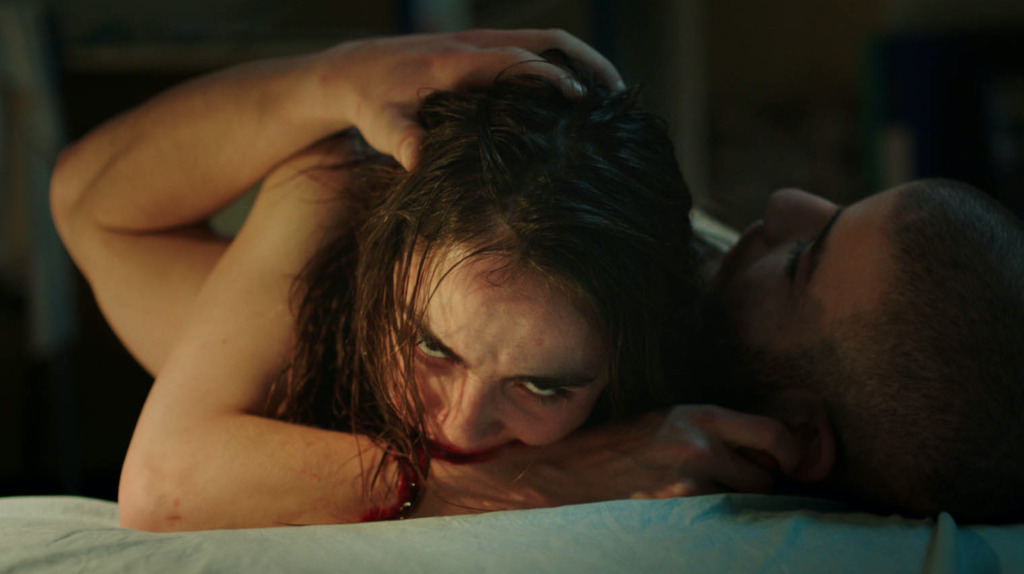
EXCERPT: These films emerge within a kairotic context in contemporary Europe comprising discourses about femininity and the non-human. Debates about feminism and environmentalism abound in the European public sphere. The progressive growth of feminist protests in the last several years runs parallel to the increased visibility of climate change activism, with the prominent presence of European climate activists on mass media. While these debates are relevant worldwide, there are elements that are culturally specific to the European context; a clear indicator is the much-discussed rhetorical strategy by many climate protestors using the most relevant European museums…as sites of contestation…In other words, they relate the climate emergency to European high culture, pointing to the underbelly of European heritage and the Enlightenment. I propose that the films analyzed in this article are more constructively read with these debates in mind.
Shit Happens on the Big Screen: Faecal Motifs in Contemporary Film (OPEN ACCESS)

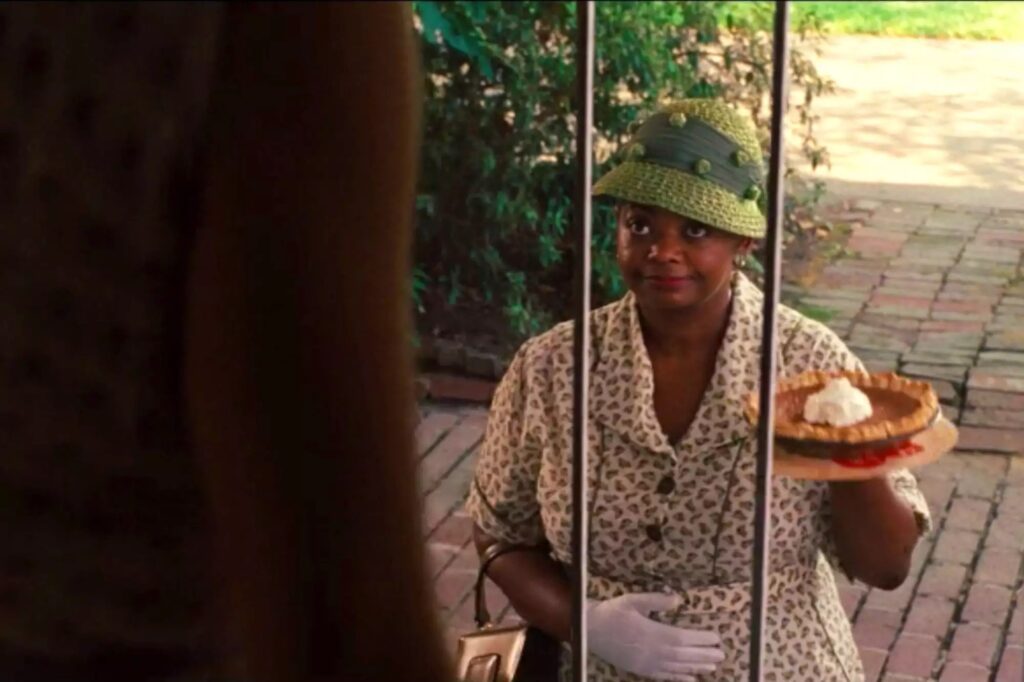
EXCERPT: The subversive potential of faeces is also illustrated in the context of The Help and a short dramatic film entitled Eat My Shit (dir. Eduardo Casanova, 2015). The latter is already linked at the linguistic level to the scene from The Help entitled ‘Minny’s Chocolate Pie’ by means of the phrase giving Casanova’s film its title and uttered by Minny (Octavia Spencer), for whom it constitutes a turning point in the maid’s power relation with her former employer Hilly.
Ghost Riders: Kelly Reichardt, Certain Women, Certain Men


EXCERPT: Watching Kristen Stewart, it’s hard not to notice her acting technique: this is a movie star interpreting her character so well. Of the three lead actresses, she has the strongest role, and the girl from the ranch is probably the most moving of the dual role characters. Her silences and, after a while, her responses to Beth’s questions are contrasted with Fuller talking too much and Albert feeling his way through memories to bring the past into the present. Unlike the first two stories, in this one the characters really do listen.






Introduction: Women’s Authorship and Adaptation in Contemporary Television (FREE ACCESS)
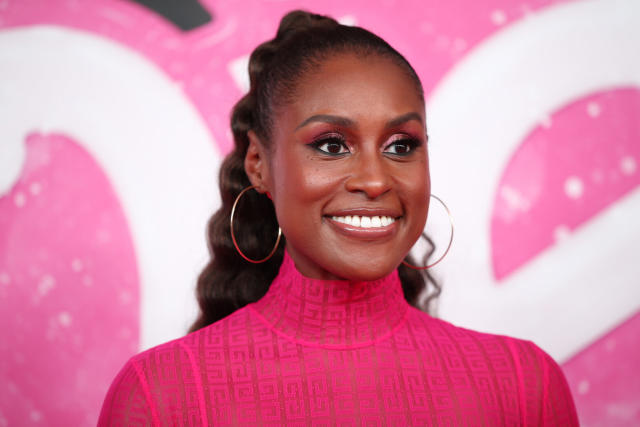
EXCERPT: Adaptations have proven to be productive sites for feminist explorations of women’s authorship. As Shelley Cobb, who contributes to this collection, argues in her book about women filmmakers and adaptation, women’s adaptation can be read as a conversation, allowing critics to theorise authorship through collaboration and co-authorship (Cobb 2015, 10). Would focusing on adaptation allow us to move away from individualist notions of authorship, valorising not the singular television auteur, but enable us to reconsider authorship as collaboration, conversation, and co-production? Cobb’s theorisation proves a useful starting point for this dossier, enabling its contributors to consider the relationship between women’s authorship in adapted television as one of multiplicity, collectivity and collaboration – but also competition, antagonism and struggle.

Televisual Authorship and the Affective Feminism of HBO’s Sharp Objects Adaptation
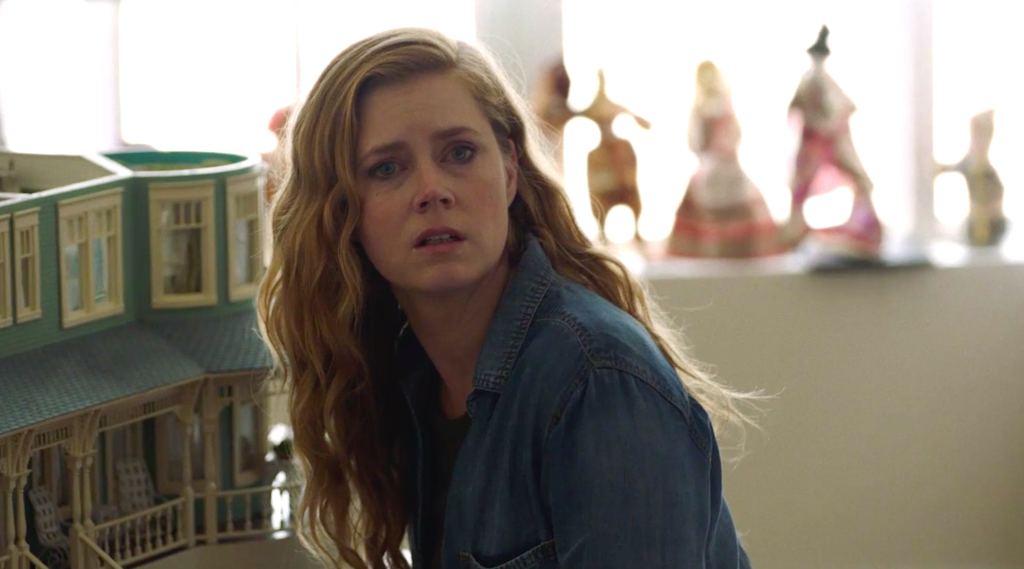
EXCERPT: In addition to being a dead girl show, Sharp Objects offers a commentary on and dissection of dead girl stories, which can be seen in the series’ deployment of affective aesthetics and style, a feminine approach to violence and trauma, and complex characterization.
Reese Witherspoon’s Popular Feminism: Adaptation and Authorship in Big Little Lies (OPEN ACCESS)


EXCERPT: Popular feminism, I argue, informs the gendered modes of authorship and adaptation at work in [Big Little Lies]. This is especially evident in Witherspoon’s deployment of sisterhood across various media, where she claims BLL’s production was a collaboration between various female co-authors. In this article, I point to the limits of popular feminism’s – and Witherspoon’s – intervention in women’s authorship and adaptation by examining two instances where women are excluded from this sisterhood: Arnold’s alleged loss of creative control when directing BLL’s second season; and the narrative exclusion of Black women from this sisterhood through, I argue, the process of adaptation.
Adaptation, Authorship and the Critical Conversations of Little Fires Everywhere (OPEN ACCESS)

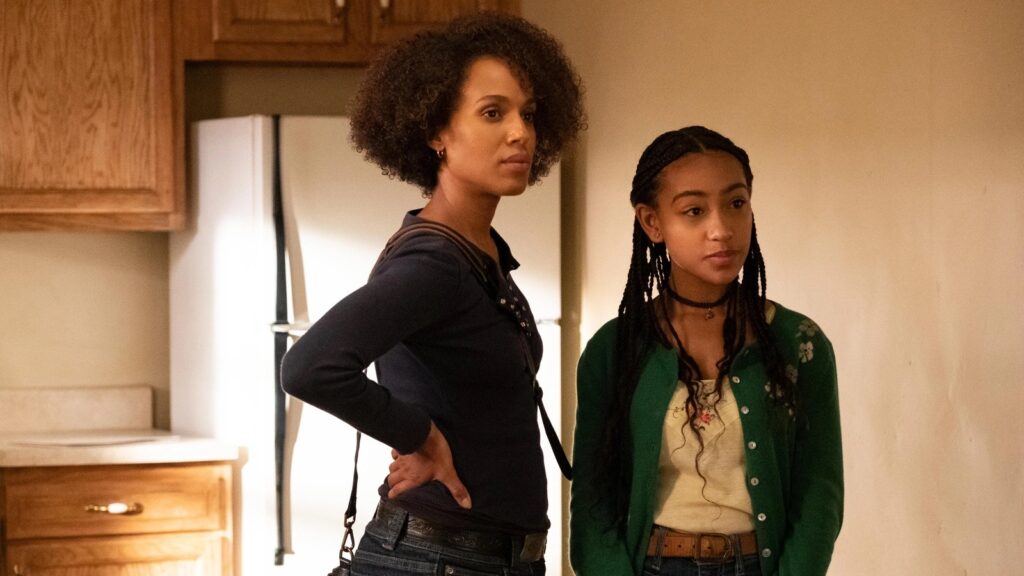
EXCERPT: In media articles published months before the show aired, the production of the adaptation was characterised as a collaborative process from its beginning when Witherspoon asked Washington to co-produce and co-star as a partner with whom she could have ‘many conversations’ and share ‘equal responsibility and leadership’ (Turchiano 2020). Moreover, though initial reports suggested that showrunner Tigelaar had written all the episodes (Andreeva 2018), she made diversity a priority of their writers’ room, characterising it as a place of ‘challenging’ conversation and dialogue.
I’ll Be Gone in the Dark: Feminism and the Adaptation of True Crime in the #MeToo Era


EXCERPT: These various devices all have the effect of assigning the dead McNamara as our guide through the dark material. In short, we are invited to approach this true crime story through an empathetic female gaze, albeit that of a dead woman. This narration from the afterlife is powerful and can be seen as an intervention into true crime TV and the casual way it often silences women victims.
“The Mother Is a Child, Too”: Neoliberal Segmentarity, Reproductive Futurism, and Relationality in Enlightened

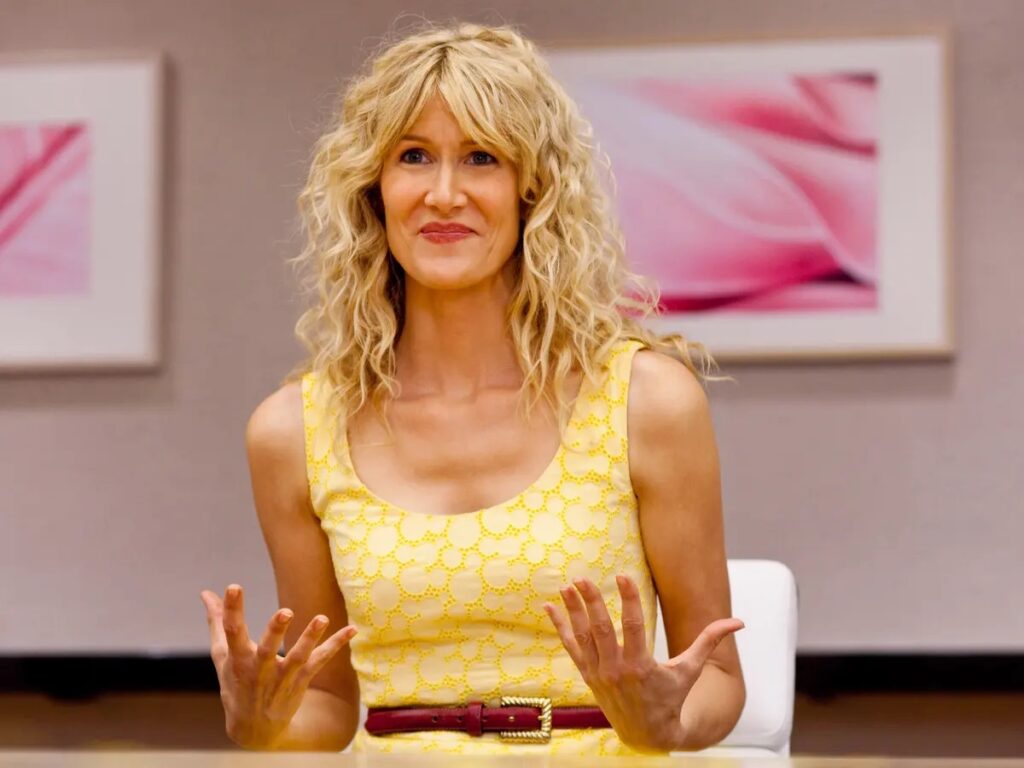
EXCERPT: Amy’s attempts to create a sense of community fail to materialize as a consequence of the perceived inappropriateness of political discussion within the workplace – a form of etiquette gesturing to the aforementioned lines of segmentarity that Deleuze and Guattari posit as being in perpetual operation in our lives.
Lost Souls, Victims and Deviants: Radicalization and Gender in Agents of S.H.I.E.L.D.
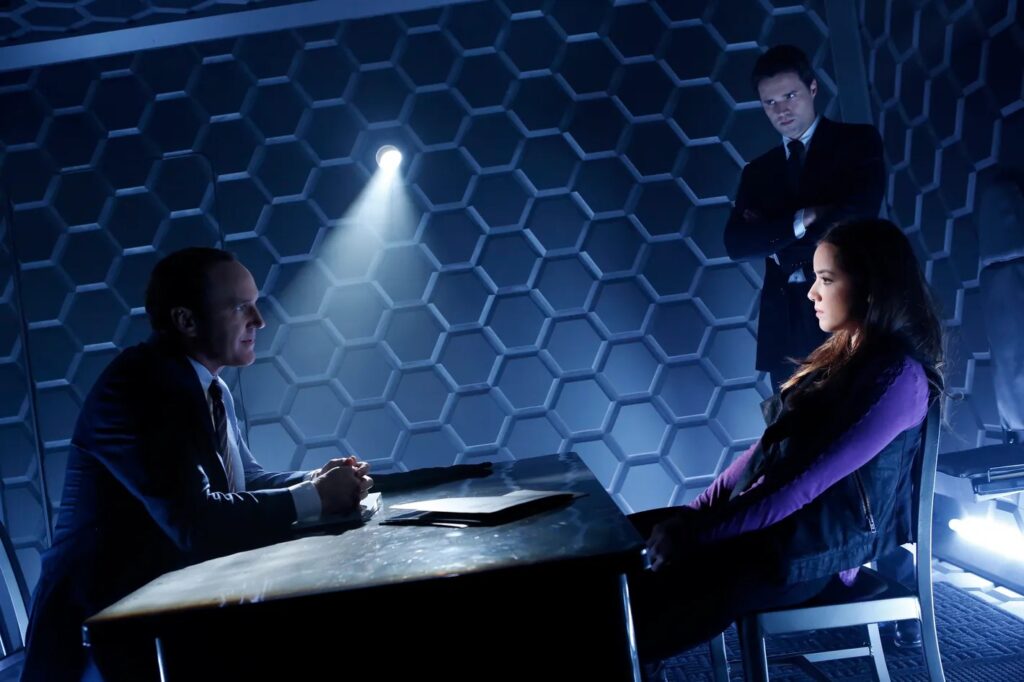
EXCERPT: The ongoing showrunners (and co-creators) were Whedon’s brother Jed and sister-in-law Maurissa Tancharoen. The overlooking of Tancharoen, who is of Thai descent, in particular, reflects a wider tendency to sideline the creative roles of women, especially women of color, in favour of white male auteur figures in discussions of media authorship.

Women’s Adaptation and Authorship in Contemporary Television (OPEN ACCESS)
Moderator: Sarah Louise Smyth (University of Essex)
Participants: Elizabeth Alsop (City University New York), Jacqueline Johnson (University of Southern California), Stefania Marghitu (University of Alabama), Isabel C. Pinedo (Hunter College), Theresa Trimmel (University of Bristol)

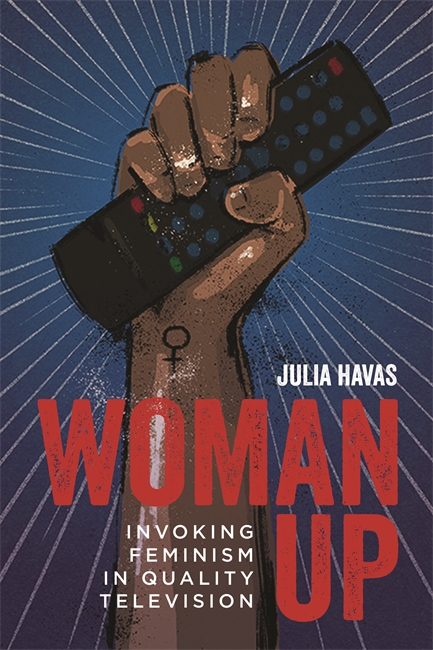
Woman Up: Invoking Feminism in Quality Television by Julia Havas, Wayne State University Press, 2022
Blurb: “…an important contribution to the bridging of feminist scholarship and analysis with aesthetic-focused television scholarship, with methods that will be familiar to scholars across television studies, cultural studies, and literary studies.”
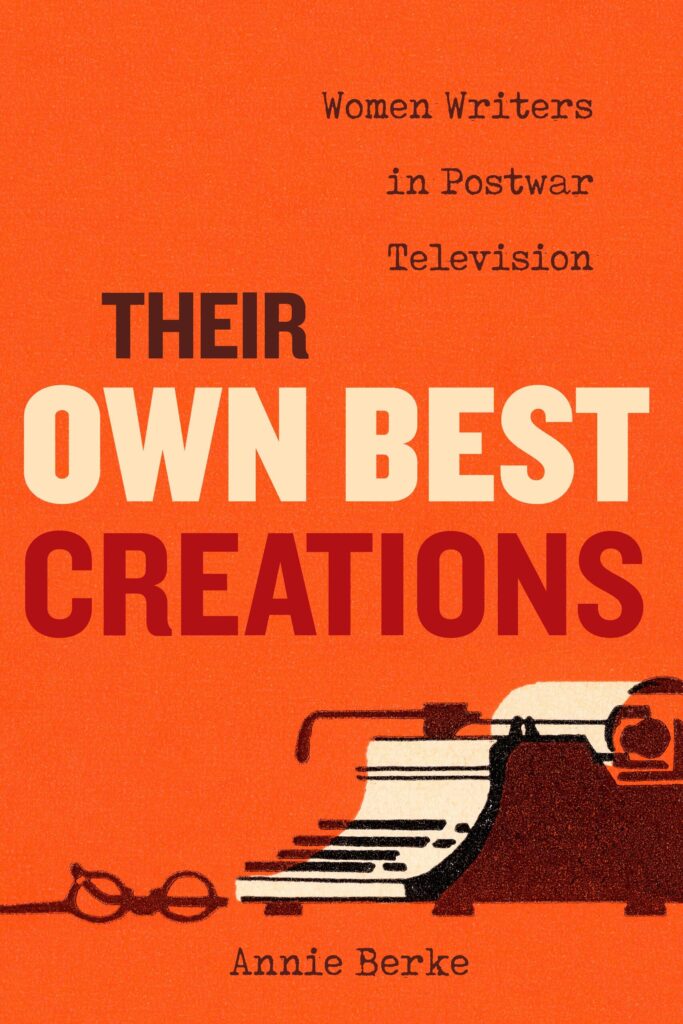
Excerpt: “Berke demonstrates that the women who were scripting and producing American culture were also implicitly cultivating the beginnings of second wave feminism.”
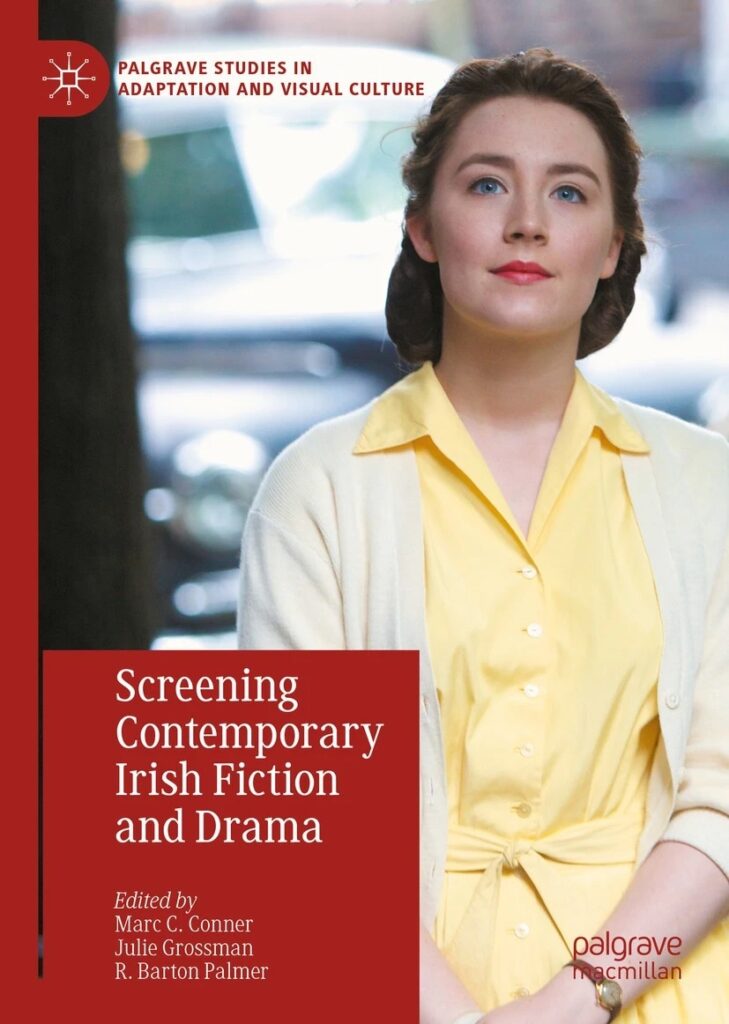
Excerpt: “…this is a lively collection of essays which both provides insightful analyses of texts often overlooked and reinvigorates analytic approaches to more familiar ones.”

On Laughter and Survival: A Conversation between Barbara Jane Brickman and Katrin Horn on Suffering Sappho! Lesbian Camp in American Popular Culture

The Bind of Exceptional Women: Alicia Kozma in Conversation on the Cinema of Stephanie Rothman
By Maya Montañez Smukler
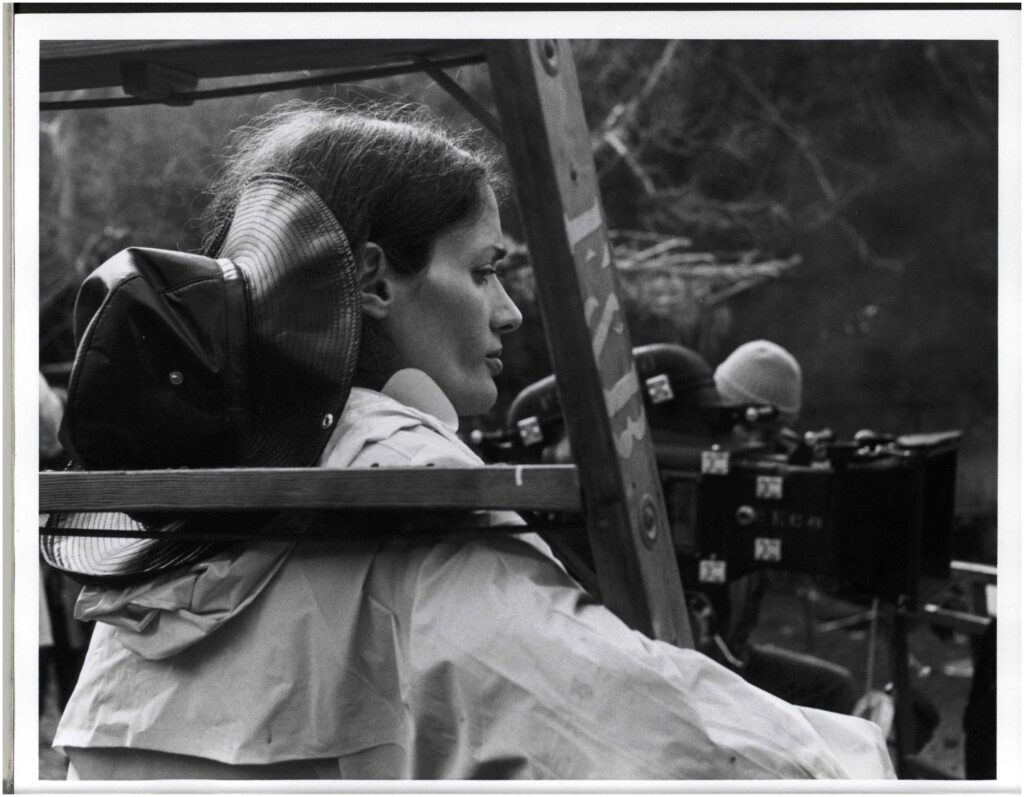
Excerpt: The exceptional woman essentially functions as a pass for Hollywood as an industry, and sometimes for critics and filmmakers, to mistake the appearance of a handful of women as meritocracy; essentially mistaking tokenism as meritocracy. It’s equally applicable to the gendered labor of directing and film production as a whole, because we could use the same paradigm and apply it to editors and composers, cinematographers, etc.
‘Fatal Attraction’ Reboot Reviewed: Giving a Woman a Backstoryas a Mentally Ill Murderer Does Not a Feminist Tale Make
By Suzanne Leonard

Excerpt: The 2023 Fatal Attraction asks a question that it answers with a sexist platitude—one of the few it shares with the 1987 version. Whose narrative matters? Not Alex’s, with her daddy issues, unconfirmed pregnancy, and unfocused plans for flight before Dan can collect on his promise to ruin her career. Nor is it Ellen, a daughter with a Jung fixation, who seems perhaps too forgiving of a father who cut off all ties but seeks to punish anyone tangentially in the orbit of a dangerous liaison.

Ken Stewart’s review of Hannah Strong’s Sofia Coppola: Forever Young (Abrams Books, 2022)
Blurb: “…a uniquely modern, journalistic approach to the synthesis of Coppola’s public life and art.”
Matthew Sorrento’s review of John Stangeland’s Aline MacMahon: Hollywood, the Blacklist, and the Birth of Method Acting (The University Press of Kentucky, 2022)
Blurb: “Stangeland’s account of the woman in full should encourage more studies and new fans of the one-of-a-kind star.”

Diana W. Anselmo and Maggie Hennefeld on “A Queer Way of Feeling: Girl Fans and Personal Archives of Early Hollywood” (UC Press, 2023)

Maggie Hennefeld interviews Diana W. Anselmo about her new book, A Queer Way of Feeling: Girl Fans and Personal Archives of Early Hollywood (University of California Press, 2023), which gathers an unexplored archive of fan-made scrapbooks, letters, diaries, and photographs to explore how girls coming of age in the United States in the 1910s used cinema to forge a foundational language of female nonconformity, intimacy, and kinship.
“Monsters All, Are We Not?”: An Interview with Julie Grossman and Will Scheibel
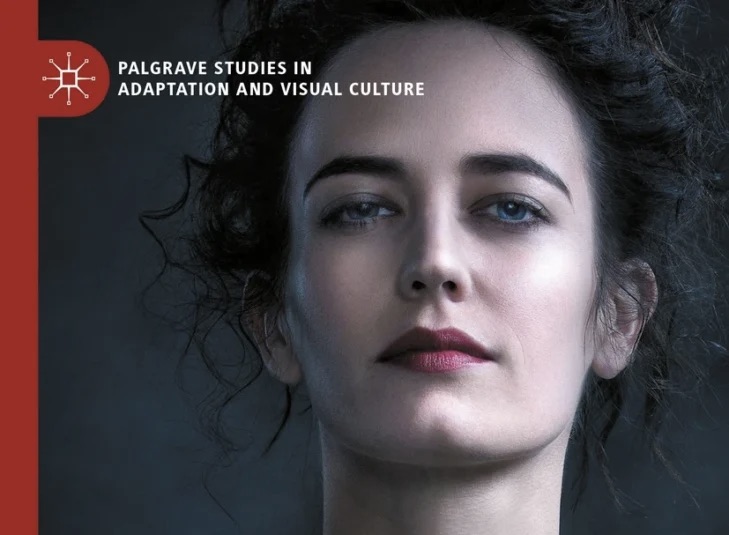
In this podcast episode, Matt Boyd Smith interviews Julie Grossman and Will Scheibel about their new edited volume Penny Dreadful and Adaptation: Reanimating and Transforming the Monster (Palgrave Macmillan, 2023), which explores the titular Showtime series (2014-16) and its spinoff, Penny Dreadful: City of Angels (2020). “
